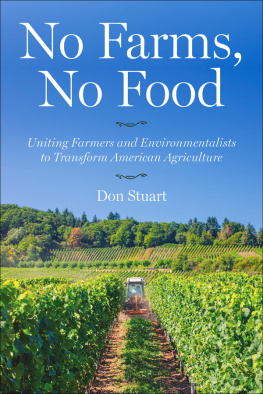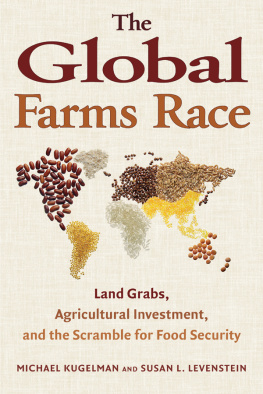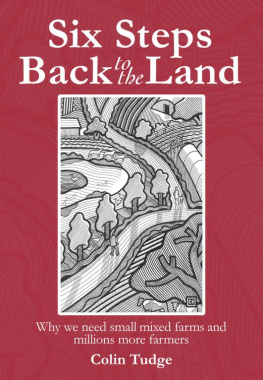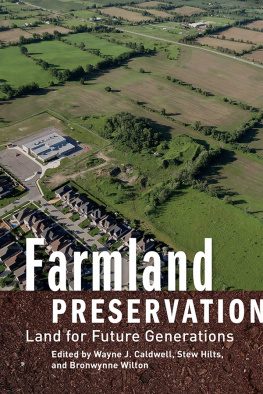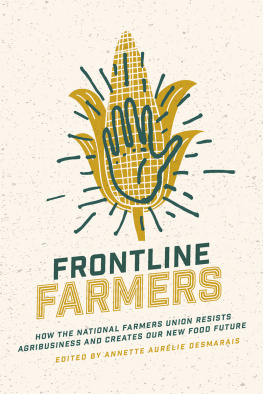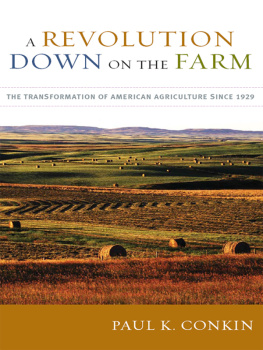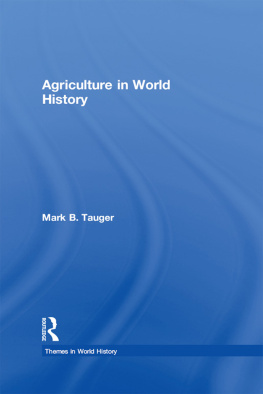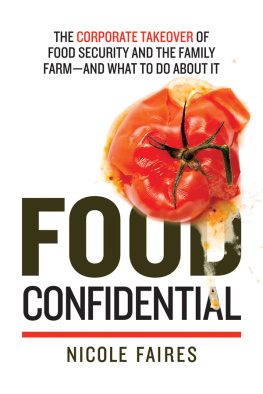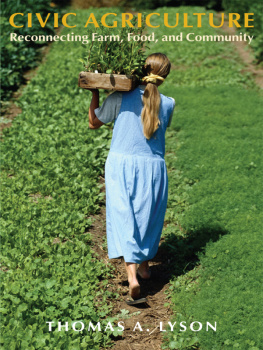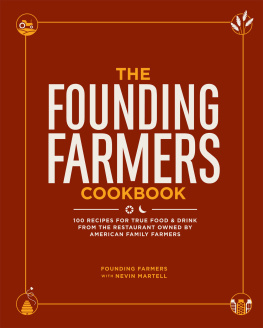About Island Press
Since 1984, the nonprofit organization Island Press has been stimulating, shaping, and communicating ideas that are essential for solving environmental problems worldwide. With more than 1,000 titles in print and some 30 new releases each year, we are the nations leading publisher on environmental issues. We identify innovative thinkers and emerging trends in the environmental field. We work with world-renowned experts and authors to develop cross-disciplinary solutions to environmental challenges.
Island Press designs and executes educational campaigns, in conjunction with our authors, to communicate their critical messages in print, in person, and online using the latest technologies, innovative programs, and the media. Our goal is to reach targeted audiencesscientists, policy makers, environmental advocates, urban planners, the media, and concerned citizenswith information that can be used to create the framework for long-term ecological health and human well-being.
Island Press gratefully acknowledges major support from The Bobolink Foundation, Caldera Foundation, The Curtis and Edith Munson Foundation, The Forrest C. and Frances H, Lattner Foundation, The JPB Foundation, The Kresge Foundation, The Summit Charitable Foundation, Inc., and many other generous organizations and individuals.
The opinions expressed in this book are those of the author(s) and do not necessarily reflect the views of our supporters.

Island Presss mission is to provide the best ideas and information to those seeking to understand and protect the environment and create solutions to its complex problems. Click here to get our newsletter for the latest news on authors, events, and free book giveaways.
2022 Don Stuart
All rights reserved under International and Pan-American Copyright Conventions. No part of this book may be reproduced in any form or by any means without permission in writing from the publisher: Island Press, 2000 M Street, NW, Suite 480-B, Washington, DC 20036-3319.
Library of Congress Control Number: 2021942243
All Island Press books are printed on environmentally responsible materials.
No Farms No Food is a registered trademark of American Farmland Trust.
Manufactured in the United States of America
10 9 8 7 6 5 4 3 2 1
Keywords: Agricultural Conservation Easement Program (ACEP), agricultural easement, American Farmland Trust, Conservation Reserve Program (CRP), Douglas Wheeler, Farm Bill, farm debt, farm economic development, farm policy, farm subsidies, John Piotti, land conservation, land trust, land use planning, local food, PACE programs, Peggy Rockefeller, Ralph Grossi, soil conservation, sustainable farming
ISBN-13: 978-1-64283-232-7 (electronic)
Give me a place to stand, and I shall move the world.
Archimedes
Foreword
America has a uniquely large endowment of productive farmland and forestland. Americans are also uniquely accepting of development that involves the conversion or loss of even the most fertile agriculture. In periods of rapid economic growth and a high rate of home building, great swaths of exurban land and their crops fall to the bulldozer. As a result, vast acreages of serene and often beautiful countryside become re-envisioned as housing developments, streets, malls, and sprawl. The process has been viewed as progress for so long that attempts to understand the dynamic driving itand raise questions about whether to embrace public policies to impose some order on itare relatively recent.
The vision animating the creation of the American Farmland Trust (AFT) was largely that of Mrs. David RockefellerPeggy. She raised, bought, and sold cattle, and was an active participant and trader at cattle auctions in the West. She had observed with concern the transformation of pastures, green fields, forests, and open space, and it pained her to see changes in the scenic places familiar to her. And she considered herself a cattle farmer. I recall one balmy evening having dinner outdoors with her and her husband when she became distracted by a bellowing steer she took to be in distress. Peggy excused herself to check up on her animals.
With her inspiration, we filed articles of incorporation and began to assemble a board and staff. I was involved at the outset, owing to my interest and training in land use planning. I served at the time as president and CEO of the Conservation Foundation, which spearheaded this effort until AFT was organized as its own nonprofit. And then I served on AFTs board.
Like others concerned about agriculture and the environment, I found AFTs mission both ambitious and inspiring. Could we arrest some of the thoughtless discarding of the agriculture endowment under way throughout the more populous and growing regions of the country?
An important characteristic of American Farmland Trust, one recognized and respected by its first president, Douglas Wheeler, was collaboration. AFT embodied a passionate ambition that could be called environmental, but its drive was never animated by anger. Nor did it look to litigate over the loss of ecosystems. AFT established itself early on as a friend to the farmer and landowner. Some initial suspicion of yet another environmental crusader with an agenda adverse to farmers and obstructive of their freedom to sell or develop the family farm was alleviated as AFT began to offer its services, including its legal and tax counsel, to farmers who were concerned that estate taxes would make it impossible to keep the next generation on the farm.
AFT understood the dynamics of family farms and worked to accommodate the financial reality that land was often the principal or only asset capable of being monetized and supporting retirement. And so restrictive covenants and easements entailing permanent limitations on development rewarded with large savings in taxes became a familiar instrument of AFTs early work.
Today, thousands of completed deals catalyzed by AFTs work in all parts of the country are helping to stabilize land and natural systems.
Yet more than forty years since the founding of AFT, the challenges in dealing with farmers remain daunting. The farm population is aging,and the hurdles confronting younger cohorts interested in farming are formidable. We face continuing water quality impacts from the runoff of fertilizers and pesticides, which can lead to toxic algae blooms, as we saw in Lake Erie and continue to see in the Gulf of Mexico. Perhaps most challenging is the onset of climate change, upending weather patterns, bringing extreme weather events, droughts, flooding, wildfires, new pests and pathogens, and more. Planting and harvesting are obviously affected by the foregoing.
As I write this, farmers in Iowa are dealing with significant damage to corn and soy crops from a derecho with winds that swept through the Midwest at upwards of a hundred miles an hour. An estimated fourteen million acres have been affected, and the economic impacts are still being tallied.
As Robert Bonnies research at Duke University has shown, rural Americans care deeply about where they live and their responsibility for land stewardshipand they are aware that climate change is under way. Yet rural residents are often mistrustful of mandates from Washington, as well as pronouncements from environmentalists. As we pursue climate-smart agriculture, policymakers, nongovernmental organizations (NGOs), and others must keep in mind not only ways to engage and work productively and cooperatively with these landowners and operators, but also the undeniable importance of the business model, the finances, that enable farmers and ranchers to continue providing food and fiber.

